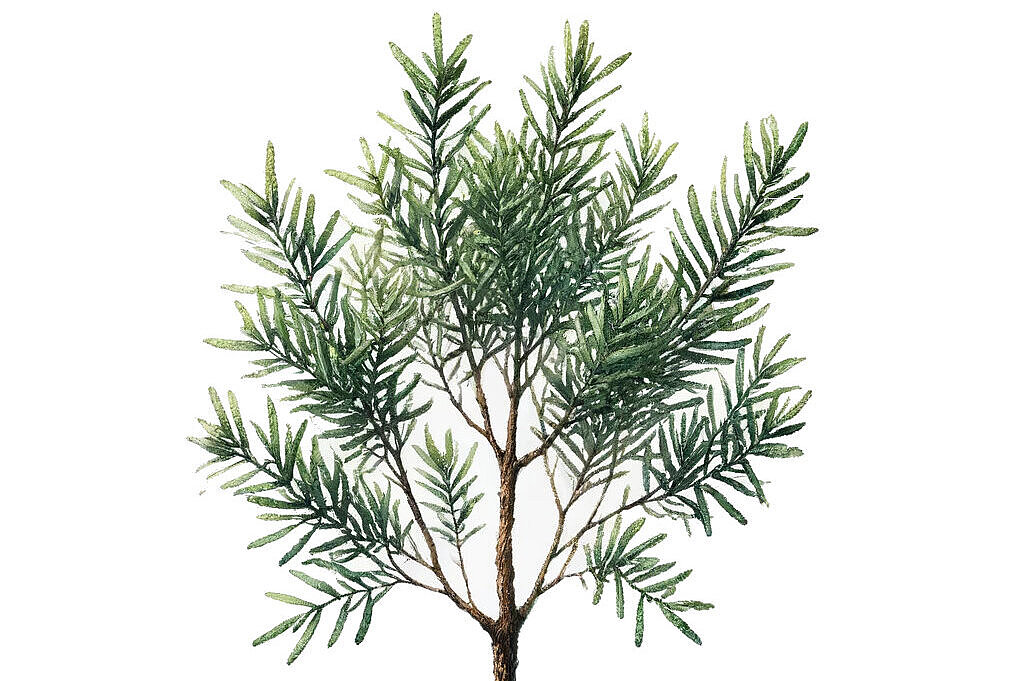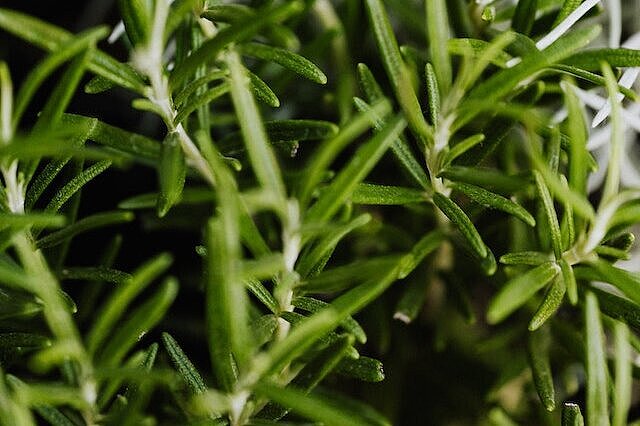Eucalyptus

Eucalyptus is a plant that is primarily known for its intense fragrance and healing properties. But is eucalyptus also suitable for dogs? In this article, you will find out what eucalyptus is, how it works and what you should look out for if you want to give it to your dog.
What is eucalyptus?
Eucalyptus is the name of a genus of about 600 different species of trees and shrubs that are mainly found in Australia and other tropical and subtropical regions. Most eucalyptus species have evergreen leaves that contain essential oils. These oils are responsible for the characteristic smell and taste of eucalyptus.
The best-known eucalyptus species is the blue eucalyptus or Eucalyptus globulus, also known as the fever tree. It is often used in medicine and cosmetics, for example as an ingredient in cough lozenges, ointments or bath additives. Eucalyptus oil has an antibacterial, anti-inflammatory and expectorant effect. It can help with colds, respiratory tract infections or skin problems.
How does eucalyptus affect dogs?
When used correctly, eucalyptus can also have positive effects on dogs. For example, eucalyptus oil as an inhalation or bath additive can help with colds and bronchitis. It can also promote blood circulation and relax the muscles.
Eucalyptus can also serve as a natural protection against ticks and fleas. You can dilute a few drops of eucalyptus oil with water and spray it on your dog's coat. Or you can put a few eucalyptus leaves in his basket.
What are the risks of eucalyptus for dogs?
Eucalyptus is not suitable for all dogs. There are some risks and side effects that you should consider before giving your dog eucalyptus.
Firstly, eucalyptus is toxic to dogs in high doses. This is especially true of the pure oil, which should never be allowed to get on your dog's skin or mucous membranes undiluted. Swallowing eucalyptus oil or leaves can also lead to symptoms of poisoning. These can manifest themselves in vomiting, diarrhea, shortness of breath, convulsions or unconsciousness.
Eucalyptus can also trigger allergic reactions or aggravate existing illnesses. If your dog has sensitive skin or suffers from asthma or epilepsy, you should avoid eucalyptus or only use it after consulting a vet.
How can you safely offer your dog eucalyptus?
If you want to offer your dog eucalyptus, you should take a few precautions to minimize the risks.
- Only use high-quality, pure eucalyptus oil from a pharmacy or specialist shop.
- Always dilute the oil with a carrier oil such as almond or coconut oil in a ratio of 1:10 or more.
- Try the oil on a small area of your dog's skin first and see if he reacts to it.
- Never give your dog eucalyptus to eat or drink.
- Avoid contact with your dog's eyes, ears and nose.
- Eucalyptus is a genus of trees and shrubs with many species that contain essential oils in their evergreen leaves.
- Eucalyptus oil is used in medicine and cosmetics and has antibacterial and anti-inflammatory properties.
- In dogs, eucalyptus oil can be used for inhalation for respiratory problems or as a natural tick and flea repellent.
- However, there are risks as eucalyptus can be toxic in high doses and can trigger allergic reactions. Proper application and dilution are important, and dogs with certain health problems should not use eucalyptus.
Properties 3
Are you looking for other ingredients with a specific property?
Just click on them to find more.
If you notice any signs of hypersensitivity or poisoning in your dog, you should see your vet immediately. We are not a substitute for a vet, but we try to be as accurate as possible. Every dog reacts differently and we recommend you get a second opinion or consult your vet if in doubt.
Stay healthy and take good care of your four-legged friend!😊
Similar to Eucalyptus
Peppermint is a perennial plant from the labiate family. It has green leaves with serrated edges and purple flowers. It grows in temperate climates and can reach a height of up to one meter....
The Australian tea tree has been known for centuries for its antibacterial, antiviral and antifungal properties, making it a popular ingredient in the manufacture of skin care products and...
Lavender is a plant genus that belongs to the labiate family. There are around 30 different types of lavender, which differ in appearance, fragrance and ingredients. The best-known species is true...
Rosemary is a spice plant that is widely used in Mediterranean cuisine. The plant has small, needle-shaped leaves and an intense, woody taste and smell. Rosemary is often used as a spice in meat and...



